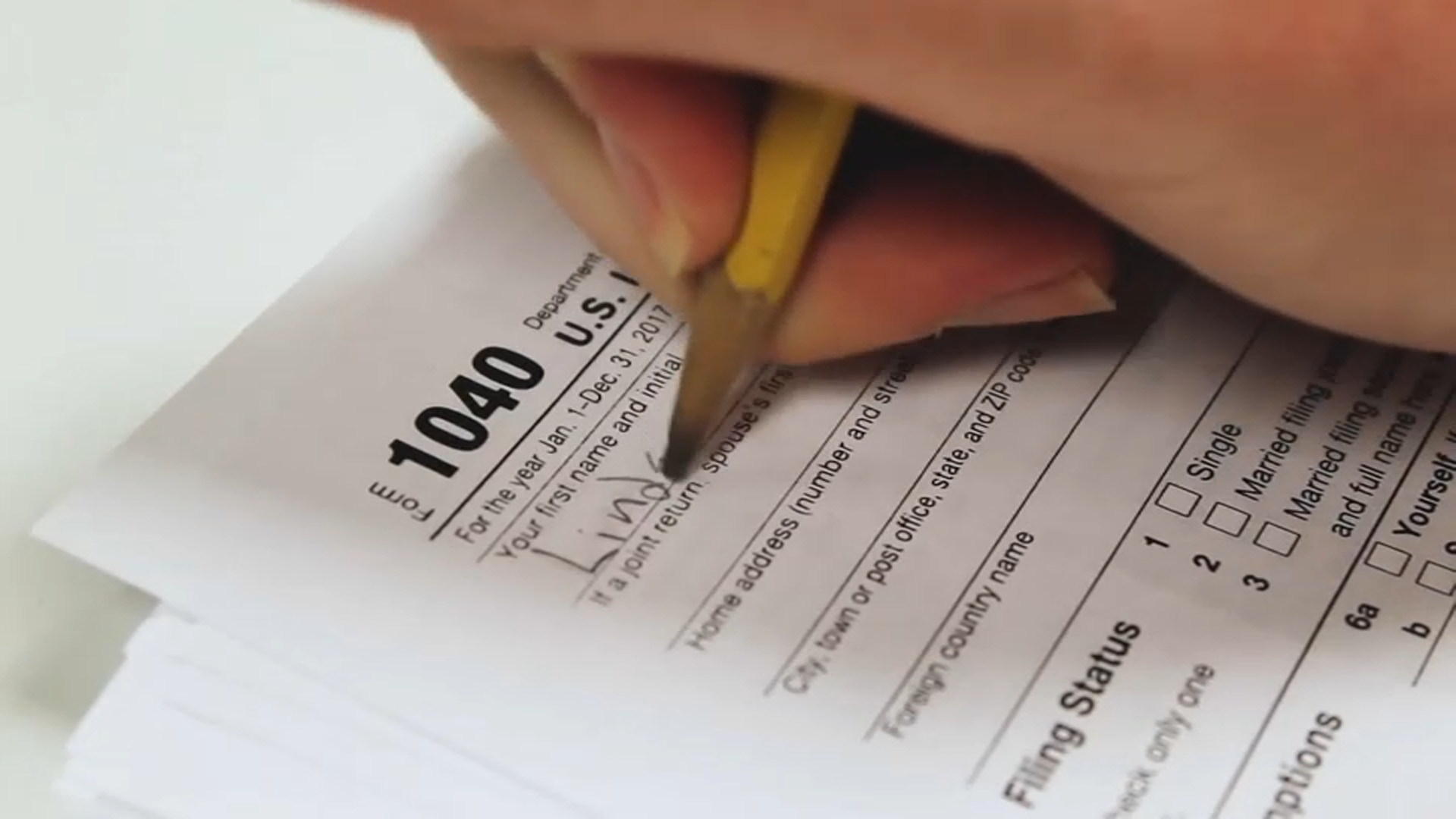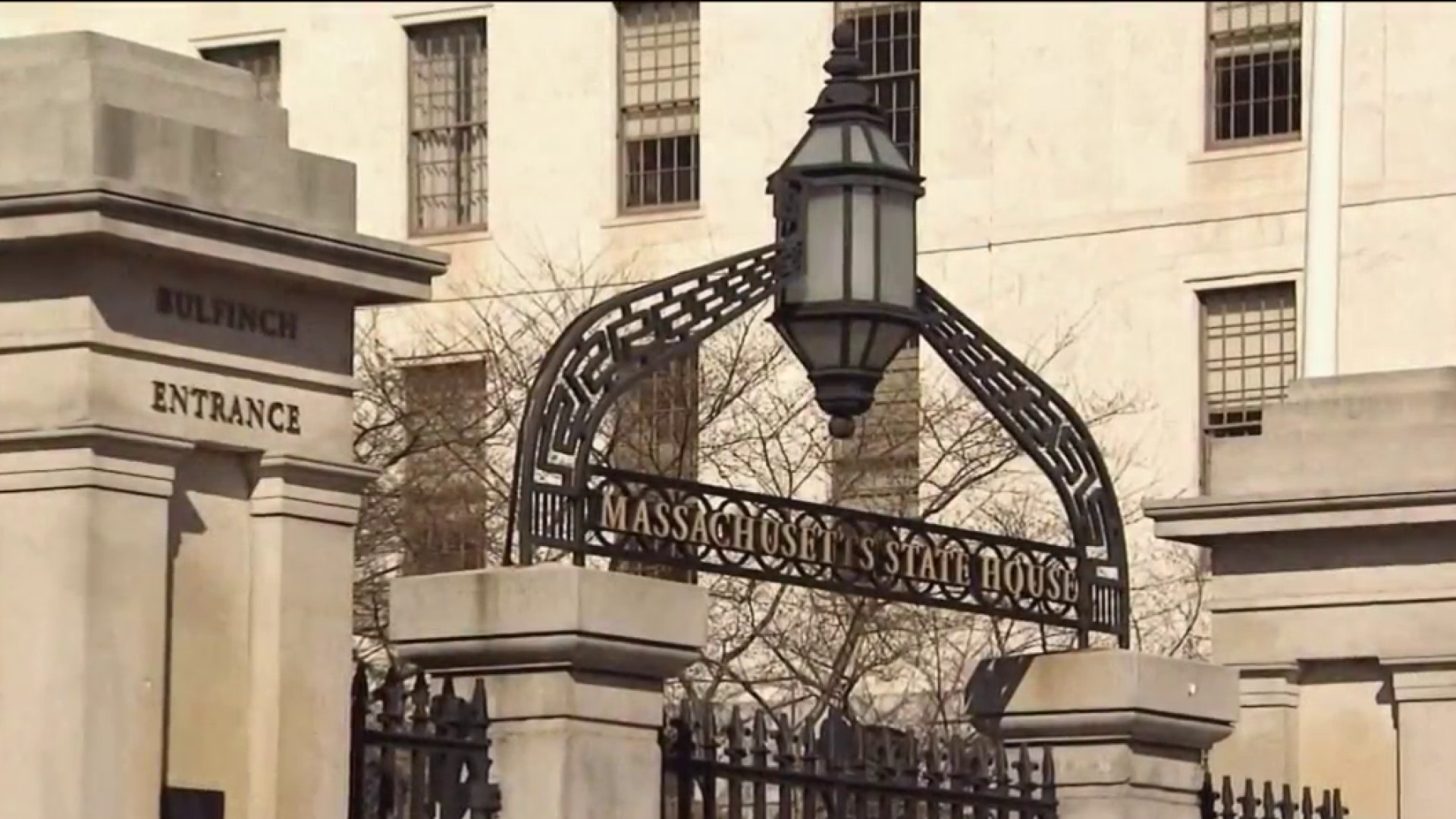Tax season is only a couple of weeks away -- the Internal Revenue Service will begin accepting and processing 2020 tax year returns on Feb. 12 and they want you to be aware of scammers.
Filing your taxes early may get you a refund faster, but it also puts you ahead of the criminals. Stolen identity refund fraud happens when someone files a fake return in your name to get your refund, and filing early may stop them.
“Many taxpayers won’t know this has happened to them until they go to file their own return electronically and it gets rejected,” said Joleen Simpson, assistant special agent in charge of IRS criminal investigation in New England. “The earlier you get your return in, the less likely you will be a victim of this scheme, because the first return that comes in is what’s accepted.”
Another thing to look out for is unscrupulous tax preparers who falsify returns to get a larger refund and larger percentage for themselves. Remember, you’re ultimately responsible for the information on your return.
“As a taxpayer, you really need to look at that tax return and make sure that you understand what is on there,” Simpson said. “If that return preparer is not willing to go over that tax return with you, that is a red flag that something may be amiss.”
Be wary of IRS impersonators who claim you owe back taxes. These scammers will call, email or text you and they may even show up at your door.
“They can be very aggressive. Recently, we’ve even seen people impersonating IRS officers going out and knocking on doors telling people that they need to pay money or they are going to be put in jail,” said Simpson. “We may show up at your door unannounced, but all IRS agents have appropriate credentials and identification and they will display them for the tax payer's inspection.”
More Tax News
The IRS issues most contacts through regular mail service. It will never demand immediate payment over the phone, or initiate contact with taxpayers by email, text message or social media channels to request personal or financial information.
The IRS won’t ask you to pay with a prepaid debit card, gift card or wire transfer and it will never threaten you with jail or deportation if you don’t pay immediately.
“These scams have been out there and they are really good at preying on vulnerable populations. Sometimes they target the elderly or a certain background,” Simpson said. “It’s really just important that we look out for each other and taxpayers have a healthy dose of skepticism.”
If you have any questions or concerns about a call or email you received… you can actually email the IRS’ Boston office directly at bostonfieldoffice@ci.irs.gov. And you can get more information on how to report a scam at irs.gov.



